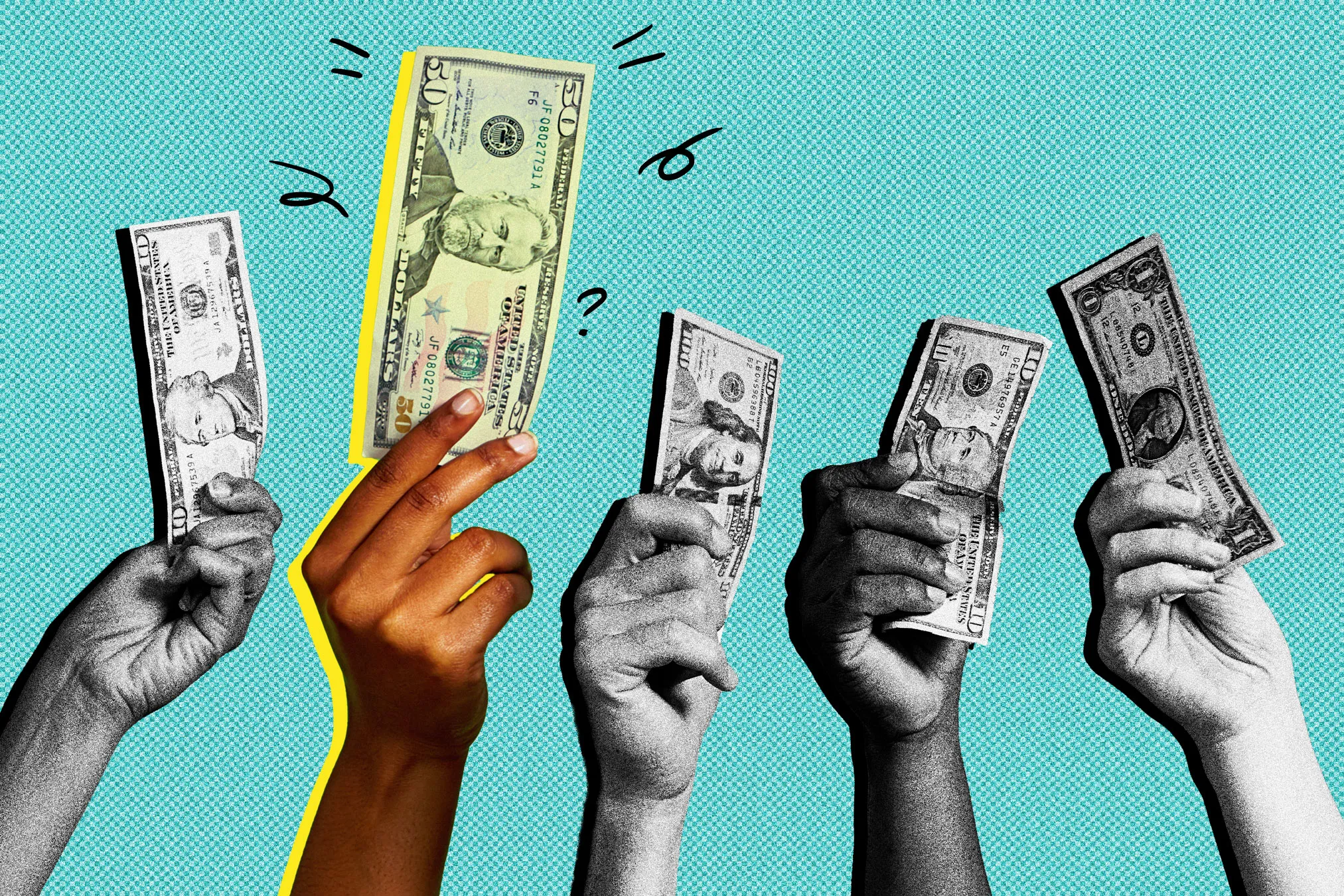The $50 bill isn’t nearly as common as other denominations. In fact, it’s on track to be be the least-printed bill in 2024, even behind the $2 note. But if you happen to have a $50 bill in your wallet, don’t worry: You can still use it pretty much anywhere.
Rumors are circulating online this week that the government is retiring the $50 bill and that some banks have stopped accepting them as of last month.
But Money investigated this claim, and we can report that it’s four-Pinocchio, pants-on-fire false.
First, here’s a look at the claim: According to one blog post, “The Federal Reserve of the United States has announced that certain $50 bills will cease to be accepted at banks and ATMs nationwide… Major financial institutions such as Bank of America, JP Morgan Chase, Wells Fargo, and Citibank will stop accepting $50 bills with specific descriptions.”
Money reached out to those four banks, and all of them said the claims about a $50 bill policy change are incorrect.
- Daniel Castorina, a spokesperson for Chase, says he checked with his team and can confirm it’s not true. They’d never heard anything about this, he adds.
- Don Vecchiarello, a spokesperson for Bank of America, replies in an email: “The statement about $50 bills is not accurate.”
- Julia Tunis Bernard, a spokesperson at Wells Fargo, says, “Our branches and our ATMs accept $50.”
- Lastly, Colin Wright, a spokesperson at Citi, says in an email, “This is not true.”
No, $50 bills are not going away
A Federal Reserve spokesperson declined the opportunity to comment but directed Money to several online articles that confirm $50 bills will continue to be treated as “legal tender,” indefinitely.
“It is U.S. government policy that all designs of Federal Reserve notes remain legal tender, or legally valid for payments, regardless of when they were issued,” according to the U.S. Currency Education Program’s website.
Some of the articles about the purported end of the $50 bill’s life mentioned that older notes in particular would be affected “due to the release of new designs and models for currency notes” in an effort to “modernize the monetary system, ensuring that the currency in circulation is up-to-date and secure.”
However, a frequently asked questions post shared by the Federal Reserve spokesperson refuted this assertion.
“You do not have to trade in your old-design notes for new ones. All U.S. currency remains legal tender, regardless of when it was issued,” the FAQ reads.
Another one of the recent articles alleging the retirement of the $50 bill made reference to policy changes regarding mutilated or damaged bills. But the U.S. government hasn’t announced anything about that, either, and the Department of the Treasury’s Bureau of Engraving and Printing (BEP) continues to offer free mutilated currency redemption services.
According to the federal government, private businesses are free to accept — or not accept — whatever U.S. currency they please. Barring a state law that says otherwise, that means a cashier can turn down your $50 bill, but it isn’t all that common.
In online forums, some fans of the $50 bill say they’re fond of it because it tends to be accepted more frequently than the $100 bill, which can be too much for businesses to break and there’s a greater loss involved if a Benjamin happens to be counterfeit.
It’s hard to tell where all these rumors originated. As far as Money is aware, there have been no changes involving the bill $50 in recent months. The bill’s current design entered circulation 20 years ago, on Sept. 28, 2004. (Perhaps that anniversary has something to do with the false claims?)
Over the years, there have been several unsuccessful efforts to take former President Ulysses S. Grant off the bill — most notably in 2010 when Rep. Patrick McHenry, R-N.C., introduced a bill to put former President Ronald Reagan on the note citing polls of scholars that rank Grant in the bottom half of all the presidents. But this proposal didn’t gain much traction.
More from Money:
7 Best Gold IRA Companies of 2024
Dollar Scholar Asks: Why Can’t the Government Just Print More Money?
Tipping Your Auto Mechanic? Here’s Where People Draw the Line on Adding Gratuity
